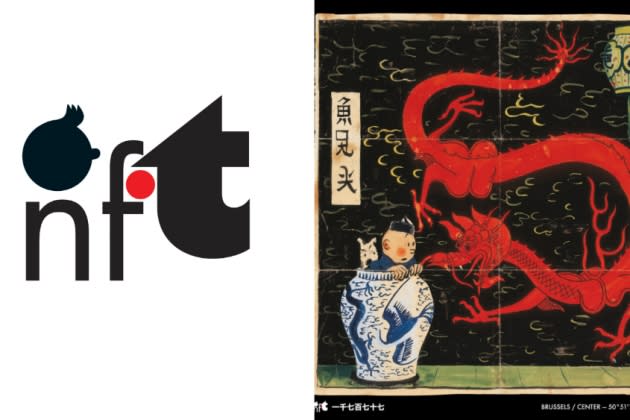The new debate among technical experts
Although blockchain technology and AI seem to share a common goal of revolutionizing the lives of the masses, they can seem poles apart in terms of what they offer to the tech industry and society as a whole. Here’s a quick overview of the difference between blockchain and artificial intelligence.
Blockchain technology and artificial intelligence have emerged as the latest buzzwords among technology experts. While some are busy weighing the pros and cons of each innovation, others believe that these two futuristic technologies can complement each other rather than be pitted against each other.
Although blockchain technology and AI seem to share a common goal of revolutionizing the lives of the masses, they can seem poles apart in terms of what they offer to the tech industry and society as a whole. Here’s a quick overview of the difference between blockchain and artificial intelligence.
Blockchain technology is based on the principles of digital ledger technology that uses a decentralized network of computers to record, track and verify transactions. The biggest appeal of this technology is the distributed ledger, which offers security and privacy without the need for a central authority or intermediary.
Meanwhile, artificial intelligence (AI) is a simulation of human intelligence in machines that can mimic how a human brain thinks, acts and performs. It is based on algorithms and computer programs that can perform complex tasks without requiring human effort.
AI is versatile and can be used for a variety of purposes such as automation, data analysis, market research, inventory management and much more.
The question that arises now is, which technology outperforms the other? That is a rather difficult question to answer.
Who has the biggest piece of the pie?
When it comes to market share, the cryptocurrency industry wins the battle with a total market capitalization of $1.22 trillion. In comparison, the size of the global artificial intelligence industry in 2022 was estimated to be around $120 billion, much smaller than the crypto sector.
However, a report published in February by global financial services giant JP Morgan found that over half of the institutional traders surveyed believed that AI will surpass blockchain technology within the next three years. The rise of AI-based applications such as ChatGPT is a shining example of its potential, having reached over 100 million unique users in just two months after its launch and registering 1 billion monthly visitors to the site.
Ironically, artificial intelligence has been around longer than blockchain has. The 1956 Dartmouth Workshop, organized by renowned computer scientist John McCarthy, is considered the birthplace of artificial intelligence as a field. Meanwhile, the first blockchain-related technology only appeared in 2008 after the creation of Bitcoin.
Basic differences
Many argue that AI has a wider range of applications and is more accessible to the masses, as it does not require technical knowledge to understand, unlike concepts associated with blockchain technology.
On the other hand, blockchain has already developed a full-fledged decentralized market. Cryptocurrencies, NFTs, DeFi protocols, smart contracts, metaverse and all such related innovations would not be possible without blockchain.
Alas, the biggest difference between the two concepts comes down to what they aim to achieve. AI is focused on creating machines and platforms that can perform tasks that typically require human intelligence. On the other hand, blockchain aims to accurately track and store data related to orders, production, health records, education records, and payment, among others.
Safety
Security is another important aspect to consider. Blockchain’s distributed ledger technology offers strong security and privacy, making it a critical component for industries that require advanced data protection.
In contrast, AI struggles with issues like reliability, privacy and authenticity on a fundamental basis. Although it is worth noting that blockchain technology also has its drawbacks, such as scalability issues and complex mechanisms, the core ledger technology has already brought about a transformative change in the technology sector.
Conclusion
While both technologies have their dedicated user base and market, if combined, they can counteract each other’s disadvantages. For example, AI can offer its ability to create machine learning systems that can help blockchain achieve scalability.
Moreover, blockchain can leverage AI to enable decentralized marketplaces and high-performance platforms. The prime example of blockchain and AI are crypto trading robots that are widely popular for the unique features they offer, and more such tools may be developed in the coming years.
























